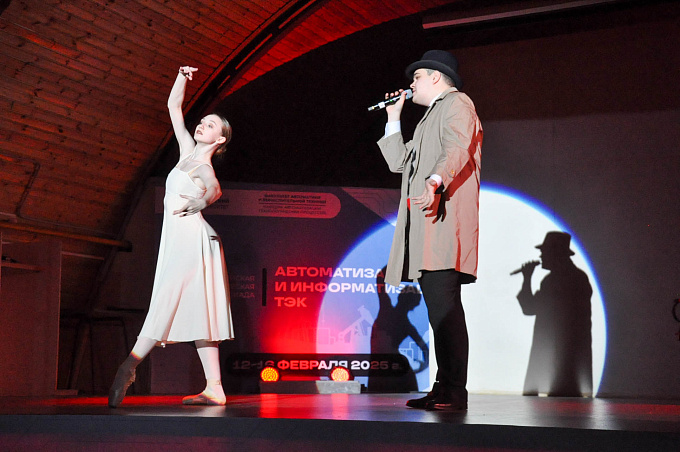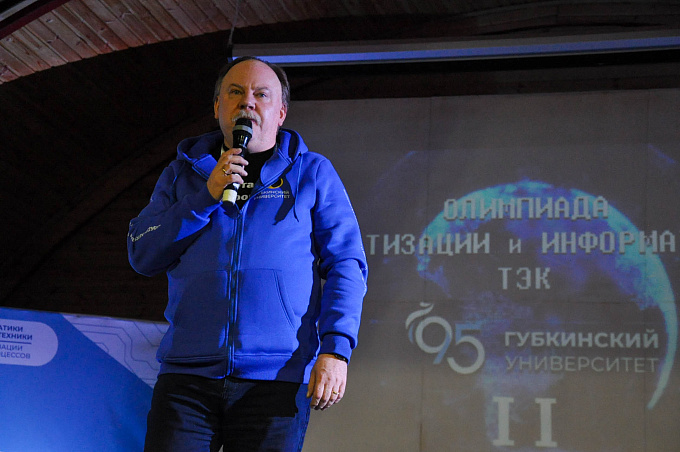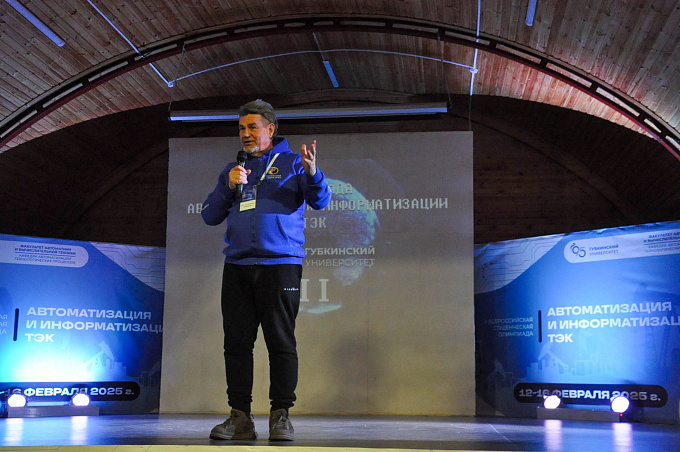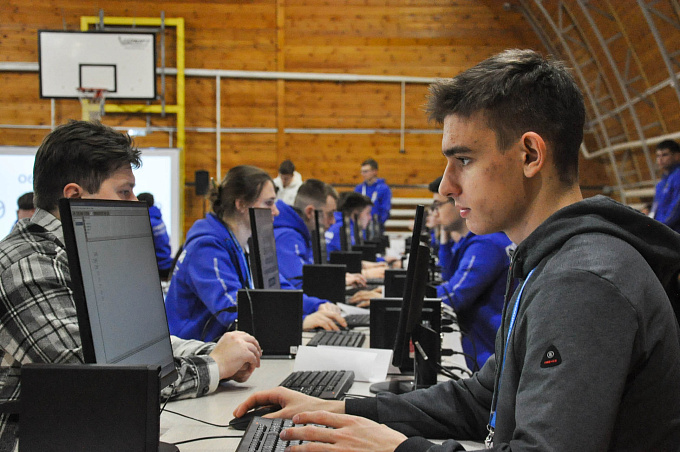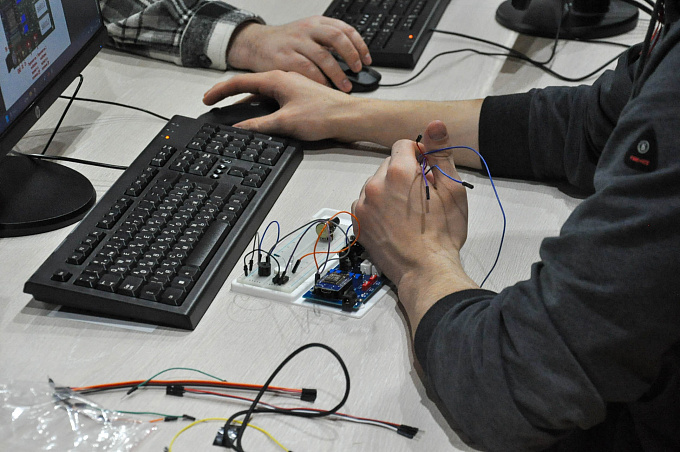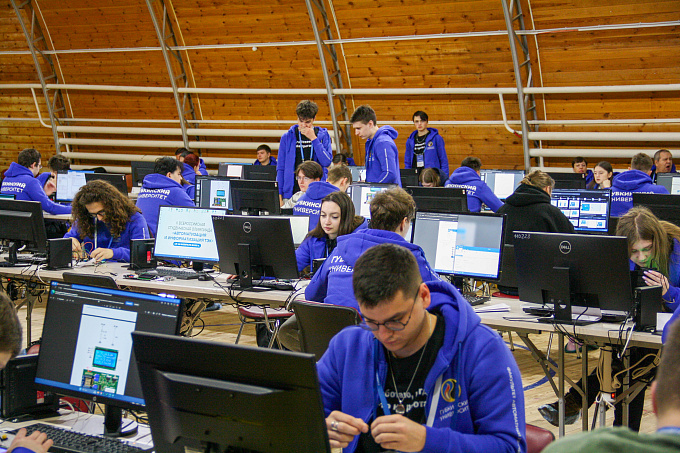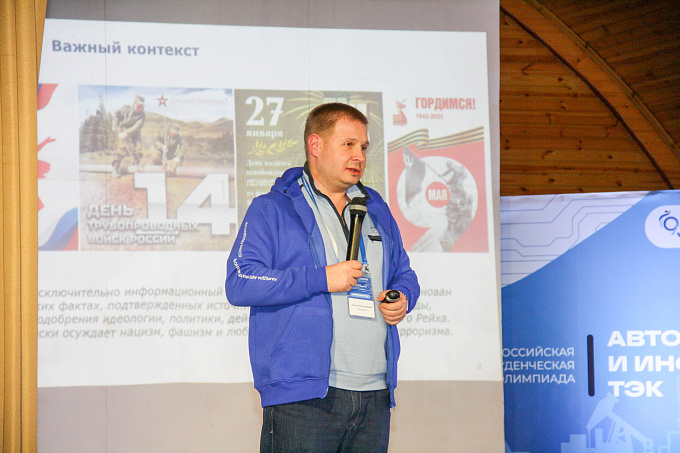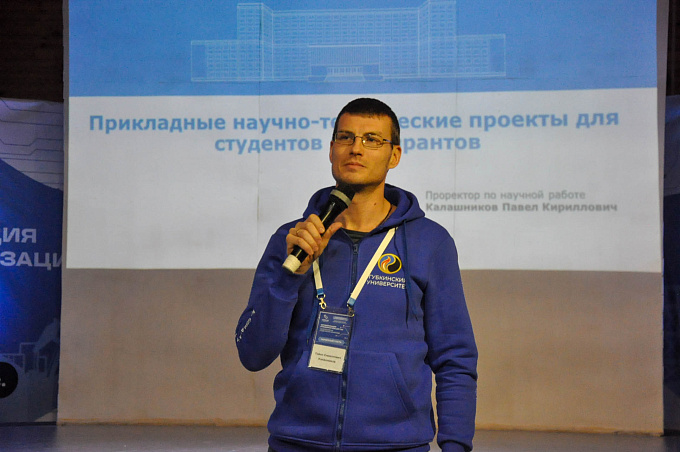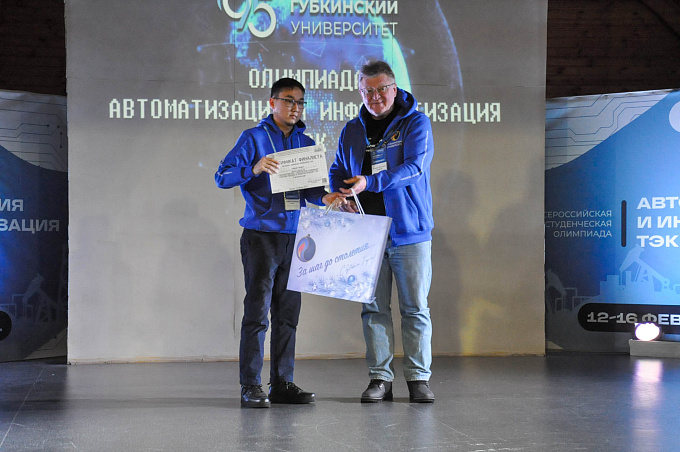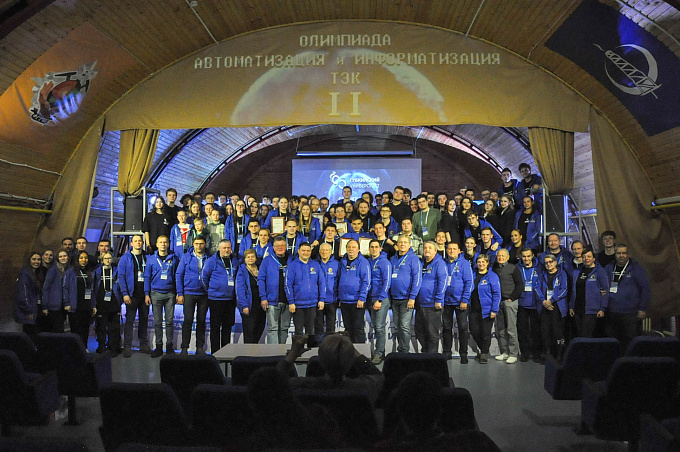II All-Russian Student Olympiad "Automation and Informatization of the Fuel and Energy Complex"
From February 12 to 16, 2025, the offline stage of the II All-Russian Student Olympiad "Automation and Informatization of the Fuel and Energy Complex" was held at the Zaluchye UPC of Gubkin University. It was organized by the Department of Automation of Technological Processes of the Faculty of Automation and Computer Engineering. 447 students from 67 universities in Russia took part in the qualifying correspondence stage and showed their results. Based on the results of the qualifying stage, 57 students from 24 universities advanced to the offline stage. Over the course of five days, they showed endurance and took part in the most atypical tasks.
The Olympiad covered a wide range of competencies in the field of automation and informatization, including tasks related to programming industrial controllers, developing automatic control systems and setting up network infrastructure.
As a result, the winners were determined in various nominations:
– virtual analyzer development – Georgy Markov (Gubkin Russian State University of Oil and Gas);
– industrial controller programming – Ekaterina Bogomolova (MTUCI);
– microcontroller programming – Dinar Garipov (Mari State University);
– automatic control system development – Dmitry Berdichev (SFedU Engineering and Technology Academy);
– computer simulator task solution – Konstantin Shalin (ETU "LETI");
– network infrastructure setup – Roman Sarazov (MAI).
Overall, the winner was Zulfat Khamidullin, a student at Kazan State Power Engineering University. Second and third places were taken by Evgeny Shipilov (Gubkin Russian State University of Oil and Gas) and Egor Shergin (National Research Tomsk Polytechnic University), respectively. The participants demonstrated a high level of training in a wide range of technical areas and successfully solved applied engineering problems.
The Olympiad also included a series of lectures from leading industry experts. The main topics for discussion were: the impact of artificial intelligence on engineering, experience in modernizing plants, protecting personal data rights, knowledge management in online communities, and the use of domestic technologies in automation.
The competitive part of the Olympiad was supplemented by three master classes held by the organizations Gubkin Dron, Gubkin Tsifra, and experts in open source data analysis, as well as round tables on scientific topics in the direction of "Management in Technical Systems".
The Olympiad became a significant event for students and universities in the country, contributed to the development of professional skills of future specialists and the strengthening of ties between educational institutions and the industrial sector.
